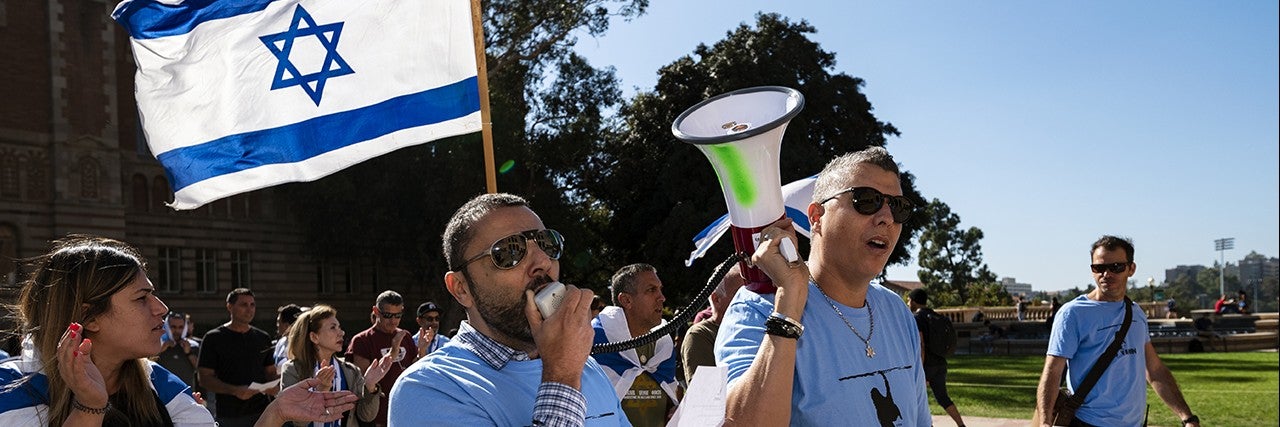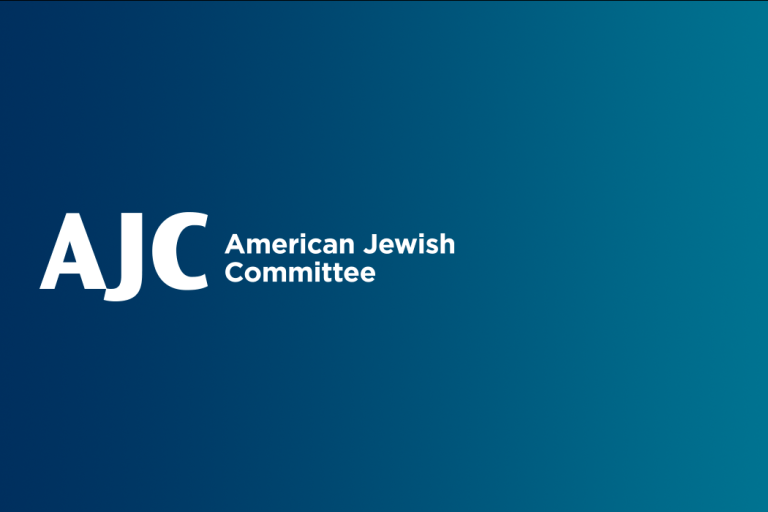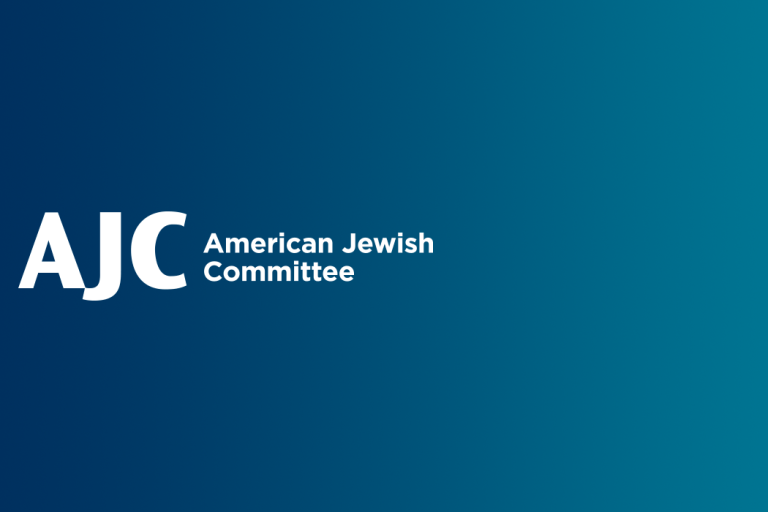March 15, 2019 — Claremont, California
At New York University, student clubs declared a boycott of the school’s Tel Aviv campus.
At the University of Michigan, two professors refused to recommend students seeking to study at Tel Aviv University.
On Thursday, the college council at Pitzer College, a private liberal arts school in California, voted to take away the opportunity for students to study together with Jewish and Arab Israelis at the University of Haifa.
The debate at Pitzer, part of the Claremont college system, and the developments in New York and Michigan stem from an effort by the anti-Israel Boycott, Divestment, and Sanctions Movement (BDS). While the movement describes itself as a nonviolent campaign aimed at getting Israel to adhere to certain demands, including a withdrawal from what it calls “Arab lands,” its leadership openly seeks the elimination of Israel as a Jewish state.
The campaign also includes an academic component.
The Newest BDS Tactic on Campus
“This is a newer iteration of how BDS is manifested on campus,” said Zev Hurwitz, AJC Director of Campus Affairs. Until now, the movement has focused on mobilizing students to urge their universities to adopt pro-BDS investment policies, he said. “Because that model hasn’t actually yielded any tangible wins for BDS, for BDS activists there needs to be a push.”
“Ending study abroad programs provides a real opportunity to get some tangible wins,” he said.
While the BDS movement gained traction after the Second Intifada, it has met with the most success on college campuses, where it is framed as a social justice opportunity, enabling students to fight for an oppressed minority.
In most cases where the BDS movement has taken hold, student governments have passed divestment resolutions with no teeth and pro-Palestinian student groups have protested pro-Israel speakers.
What’s Different at Pitzer
But at Pitzer, it is faculty members who favor ending the study abroad partnership with the University of Haifa – a move that Pitzer President Melvin Oliver has denounced as “anathema to Pitzer’s core values” and “paltry support for the cause of Palestinian rights.”
When the student senate declined to voice opposition to the faculty, the issue went to the college council – a recommending body made up of students, faculty and staff. Nearly two-thirds of the council voted on Thursday to end the program. Almost immediately, Oliver vetoed the recommendation.
“Although some claim that this is not an academic boycott of Israel, I disagree,” he said in a statement. “The recommendation puts in place a form of academic boycott of Israel and, in the process, sets us on a path away from the free exchange of ideas, a direction which ultimately destroys the academy’s ability to fulfill our educational mission.”
“By singling out Israel, the recommendation itself is prejudiced,” he said.
Similarly, at NYU, the administration also stated its opposition to any academic boycott of Israel. And the University of Michigan vowed to discipline both professors who withheld their letters of recommendation for students based on their political views.
Hurwitz said university presidents, provosts and chancellors have become strong allies in the fight for academic freedom and against BDS. For many years, AJC Project Interchange has sent delegations of university administrators on tours of Israel to meet with educators, religious leaders, and government officials.
Marvin Krislov, president of Pace University, traveled to Israel with Project Interchange in 2016. He said although campus policies can vary, guidelines for determining a study abroad destination typically focus on the health and safety of students and the educational value of a program.
“The commitment to academic freedom and academic quality is going to be pretty similar at public universities and private colleges,” he said. “The notions of freedom and academic inquiry should be the same.”
Read more
The University of Haifa’s Message to BDS Supporters
Ron Robin, president of the University of Haifa, said students are at risk of missing out on a vital learning opportunity. The Haifa partnership offers Pitzer students courses in a variety of subjects taught in English at University of Haifa’s International School, intensive Hebrew and Arabic language classes before the study abroad experience, and an internship program. Every student should consider the program, including those in favor of BDS, he said.
“In theory, a supporter of BDS can use these educational resources to witness the full picture of Israeli society and its diversity, and then decide for themselves whether their previous views about Israel were actually rooted in reality,” Robin said. “Study in Israel yourself and talk to the real people of Israel, and let the facts inform your opinions.”
At the University of Haifa, 35 percent of the students are Arab Israelis, Robin said. Jewish and Arab students work together seamlessly on extracurricular activities and community service projects, he said. That reality counters the BDS narrative that Israeli institutions deserve to be boycotted because Israel marginalizes its minority populations, he said.
“That's the miseducation aspect.”
A Blow to Academic Freedom
Hurwitz said study abroad administrators should be concerned about excluding a destination that offers an opportunity for Jews, Muslims, and Christians, Israelis and Palestinians to study under the same roof.
“You’re harming the academic community when you’re limiting the free exchange of ideas,” he said. He expects Pitzer to be the first of many schools where this debate unfolds.
“The spillover effect is so concerning,” he said. “There’s already been chatter at other campuses about keeping an eye on this and watching it. It’s not a stretch to say that other schools might very quickly start adopting this approach.”
Indeed, earlier this week, a banner calling for an end to study abroad in Israel went up on campus at the University of California, Santa Cruz.
Miriam F. Elman, an associate professor of political science at Syracuse University, soon will become the executive director of the Academic Engagement Network, an organization of American university and college professors that oppose the BDS movement. She said it’s important to recognize what’s happening at Pitzer is part of a coordinated campaign by the BDS movement.
She points to a seven-page toolkit for campus organizers that includes familiar ideas such as denying letters of recommendation or terminating study abroad programs in Israel. While the bedrock principle of academic freedom allows professors and students to advocate for BDS, she said, it does not allow instructors’ political perspectives to trump students’ opportunities to learn.
“They’re using academic freedom to deny academic freedom to their own students,” Elman said. “Faculty and administrators have to stand against that. If you allow this, then what?”


